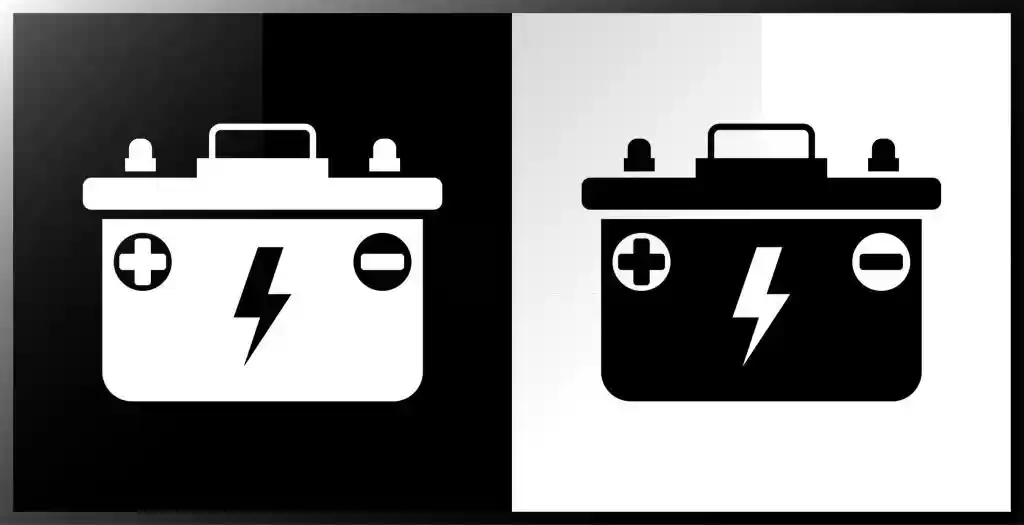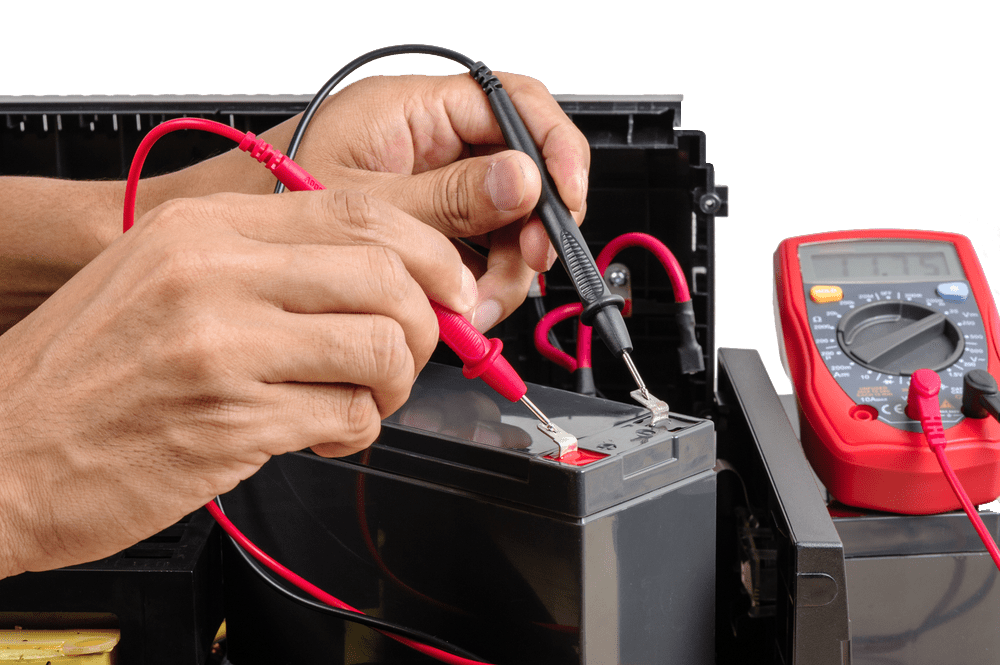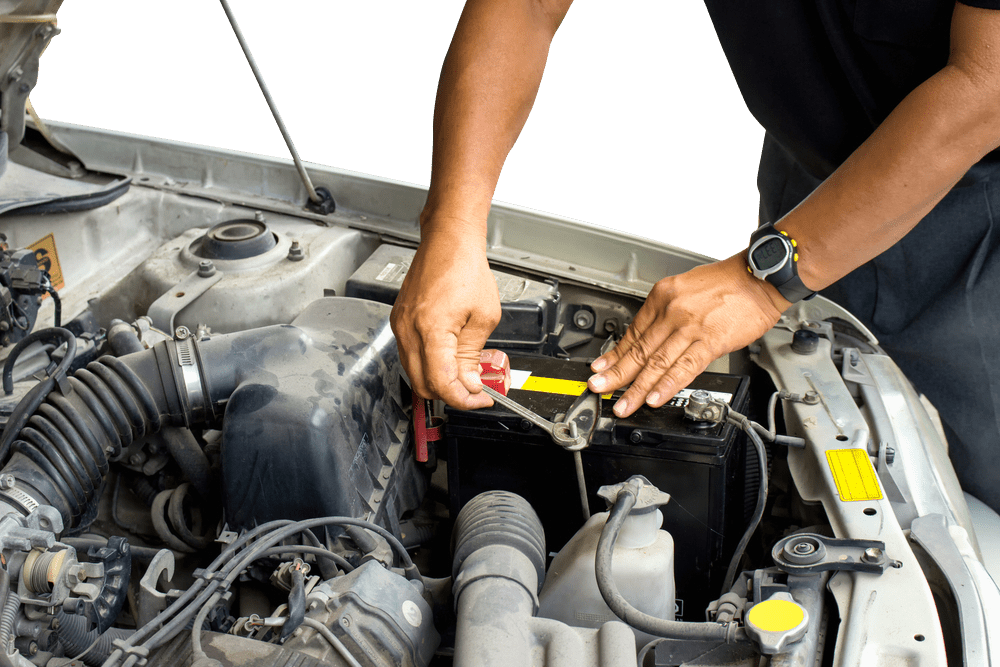- 25 Oct 2023
Can I use a deep cycle battery on a regular battery?
When it comes to powering various devices and systems, the choice of battery type is crucial. Two common battery types often under discussion are deep cycle batteries and regular batteries. If you’re wondering whether it’s possible to use a deep cycle battery on a regular battery, you’ve come to the right place. In this comprehensive guide, we’ll delve into the intricacies of these battery types, explore their compatibility, and shed light on best practices. Plus, we’ll touch on renowned battery providers like South West Batteries in Sydney. Let’s dive in!

Understanding Deep Cycle Batteries
Deep cycle batteries are designed to provide consistent and prolonged power delivery over an extended period. These batteries excel in applications that require sustained energy output, such as solar energy storage, electric vehicles, marine systems, and more. They are engineered to withstand deep discharges regularly without compromising their performance or lifespan. The construction of deep cycle batteries enables them to offer reliable power for off-grid scenarios and continuous use.
Regular Batteries: A Quick Overview
Regular batteries, often referred to as starter batteries, are primarily engineered to deliver quick bursts of power to start engines, commonly found in vehicles. Their design prioritizes providing a high amount of current in a short duration, which is vital for ignition. However, regular batteries are not optimized for prolonged discharges or deep cycling. Utilizing regular batteries in applications that demand sustained energy delivery can result in reduced battery lifespan and suboptimal performance.
Compatibility Considerations: Using Deep Cycle Batteries on Regular Batteries
The question of whether you can use a deep cycle battery on a regular battery requires careful consideration of several factors, including compatibility and optimal performance.
1. Voltage and Capacity Alignment
One of the key factors to assess is the alignment of voltage and capacity between the two battery types. Deep cycle batteries and regular batteries often have different voltage and capacity ratings. If the deep cycle battery’s specifications significantly differ from those of the regular battery, it can lead to electrical mismatches and potential damage to the connected systems.
2. Discharge Rate and Application Suitability
Deep cycle batteries are engineered for steady, controlled discharges, while regular batteries excel in delivering rapid bursts of energy. Using a deep cycle battery for applications that require quick, high-current discharges might result in compromised performance and efficiency. Similarly, a regular battery used for scenarios demanding consistent energy output may experience premature failure.
3. Size, Weight, and Installation
Physical factors such as size, weight, and installation requirements also play a role in compatibility. Deep cycle batteries are often larger and heavier due to their construction. Ensuring proper fitment and secure installation is vital to prevent safety hazards and ensure optimal functionality.
Best Practices for Battery Selection
Selecting the appropriate battery type for your intended application is crucial for optimal performance and longevity. Here are some best practices to consider:
- Assess Energy Requirements: Determine whether your application requires sustained energy delivery or quick bursts of power.
- Review Manufacturer Recommendations: Check the manufacturer’s guidelines and recommendations for battery type compatibility.
- Consider Battery Lifespan: Deep cycle batteries generally offer longer lifespans in applications with consistent discharges.
- Explore Recharge Frequency: Regular batteries may require more frequent recharging if used in applications requiring continuous energy supply.
Spotlight on South West Batteries in Sydney
For those in the Sydney area, South West Batteries stands out as a reputable provider of a wide range of battery solutions. Whether you’re in need of deep cycle batteries, regular batteries, or specialized battery products, South West Batteries offers quality options that align with diverse energy requirements. Their commitment to providing reliable power solutions makes them a trusted partner in the battery industry.
Conclusion
In conclusion, the compatibility between deep cycle batteries and regular batteries hinges on several factors, including voltage, capacity, discharge rate, and application demands. While it’s possible to use a deep cycle battery in place of a regular battery for specific scenarios, it’s essential to consider the implications on performance, efficiency, and battery lifespan.
When making your battery selection, prioritize compatibility with your intended application’s energy requirements. Whether you’re looking to power a solar energy system, an electric vehicle, or other devices, the right battery choice ensures optimal functionality and longevity.











